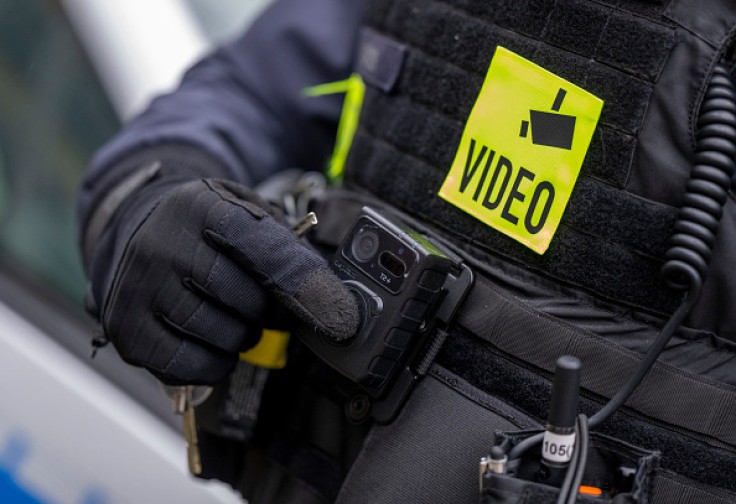Facial recognition has been a sensitive topic for the public, especially since it can be a way of restricting one's freedom and an invasion of privacy. Still, Ministers believe that facial recognition technology on body cameras will help with police work.

Crime Prevention or Constant Surveillance?
The plan was made known through a document that was meant for the surveillance camera commissioner, Prof Fraser Sampson, which may lead to officers having facial recognition embedded in body-worn cams, which will monitor people as the streets are patrolled.
Sampson stated that the potential expansion of surveillance technology was "very significant," also expressing that the state's ability to watch every move of is very real, pointing to the "Orwellian concerns of the people," as mentioned in The Guardian.
The surveillance camera commissioner believes that the camera on an officer while walking down the street could flag the faces based on a watchlist of suspects, adding that the technology could check hundreds if not thousands of people.
Reports say that the facial recognition technology that would be used on the cameras would be able to estimate age, even a person's mood or state of anxiety. Sampson also mentioned that in China, the algorithm can detect ethnicity, which may raise concerns about racial bias as well.
Still, the commissioner believes that the potential addition should be addressed in any future regulatory framework, given that policing is "based on consent and trust," and that confidence is vital when it comes to police work.
National Police Chiefs' Council lead for facial recognition, Lindsey Chiswick says that the technology can help with police efforts to fight crime with transparency, accountability, and appropriate standards, adding that it should be in a "well-governed and proportionate way."
Live facial recognition (LFR) has been used before by the Met during the coronation, scanning around 68,000 faces using LFR cameras from three sites. The one in Piccadilly accounted for 30,633 scans which led to two alerts and one arrest.
The Public May Benefit From It
Of course, we should not dismiss the fact that this method may indeed be invasive and may subject people to constant surveillance whenever they're in public or officers are around, but it may also play out nicely when it comes to police treatment.
Body cameras will not only recognize faces, but they could record the actions of the police as well. This could determine whether police have gone beyond their purview, or if instances of police brutality have been reported and footage is needed to prove it.
There has been an uptick in reports concerning police brutality over the years, especially since social media has been instrumental in raising awareness of the issue. One of the incidents you may be aware of is the death of George Floyd while he was in police custody.
The most recent is the fatal shooting of the two dogs, Marshall and Millions, as reported by PKB News, which has once again caused outrage among the public against the police. Such instances would not have raised awareness if it hasn't been filmed by bystanders.









